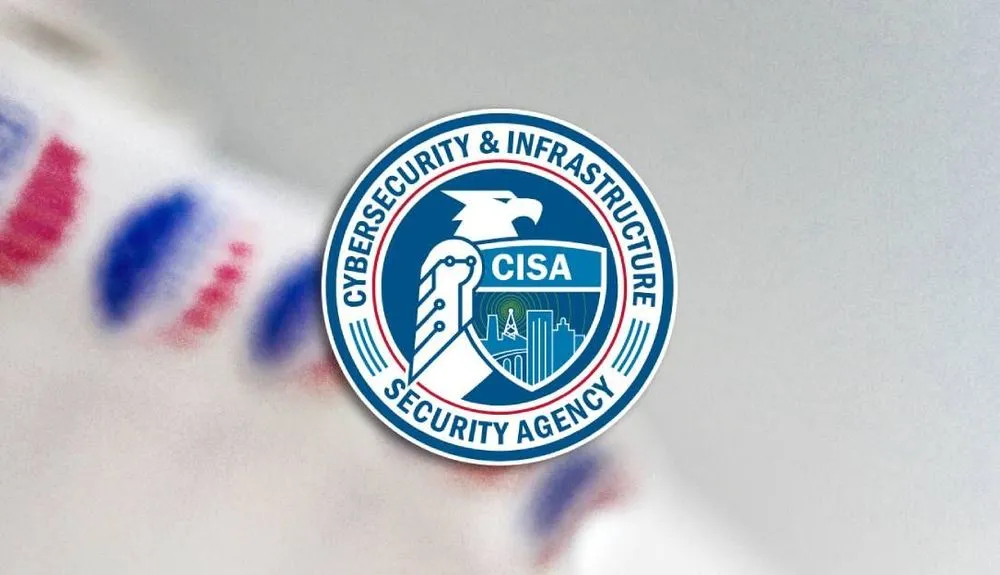Top US cyber agency says no ‘significant incidents’ impacting election so far
With polls open across the U.S., the agency tasked with securing the nation’s election infrastructure said there has been no evidence of a major threat to those systems.
“At this point, we are not currently tracking any national level significant incidents impacting security of our election infrastructure,” Cait Conley, election lead at the Cybersecurity and Infrastructure and Security Agency (CISA), said during the organization’s second press briefing of the day.
She said the agency was aware of reports that multiple, non-credible bomb threats had been made against polling centers in Georgia and had been in touch with the state’s election chief, who has blamed the fake calls on Russia.
“We identified the source; it was from Russia,” Secretary of State Brad Raffensperger (R), whose office is still investigating the incident, said at a news conference Tuesday morning.
“They think if they can get us to fight among ourselves, they can count that as a victory.”
Conley said officials had not seen “anything specific related to these events in terms of foreign influence operations, but it is important to highlight that we should not be surprised if we do.”
The FBI issued a statement that is “aware of bomb threats to polling locations in several states, many of which appear to originate from Russian email domains.”
"None of the threats have been determined to be credible thus far,” it added.
The law enforcement agency itself was the subject of disinformation, releasing a statement earlier in the day that debunked two instances where its name and insignia were “misused in promoting false narratives surrounding the election.”
Some localized mishaps — including software malfunctions that have prevented people from scanning their ballots and delays in mailed-in ballots — have been reported.
Martin Matishak
is the senior cybersecurity reporter for The Record. Prior to joining Recorded Future News in 2021, he spent more than five years at Politico, where he covered digital and national security developments across Capitol Hill, the Pentagon and the U.S. intelligence community. He previously was a reporter at The Hill, National Journal Group and Inside Washington Publishers.



